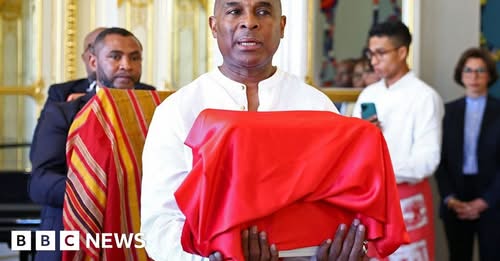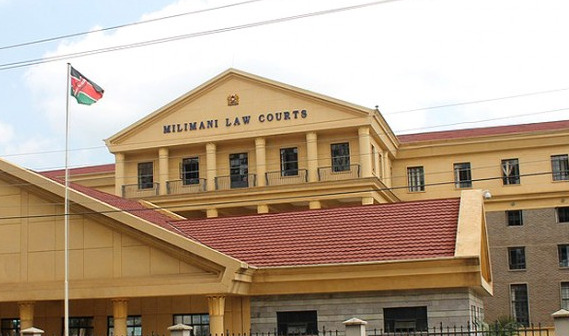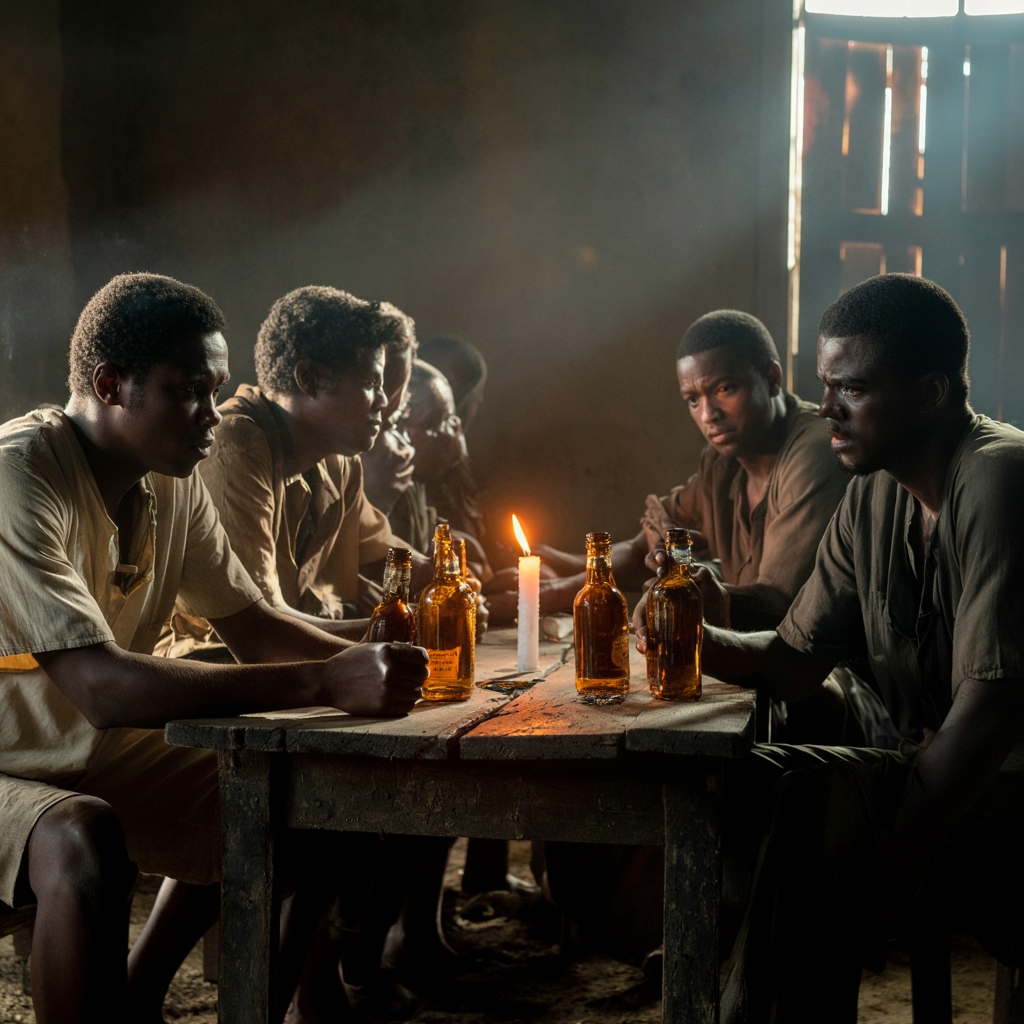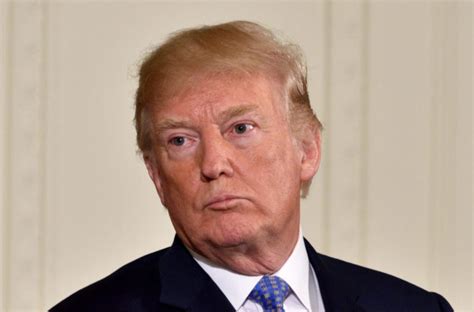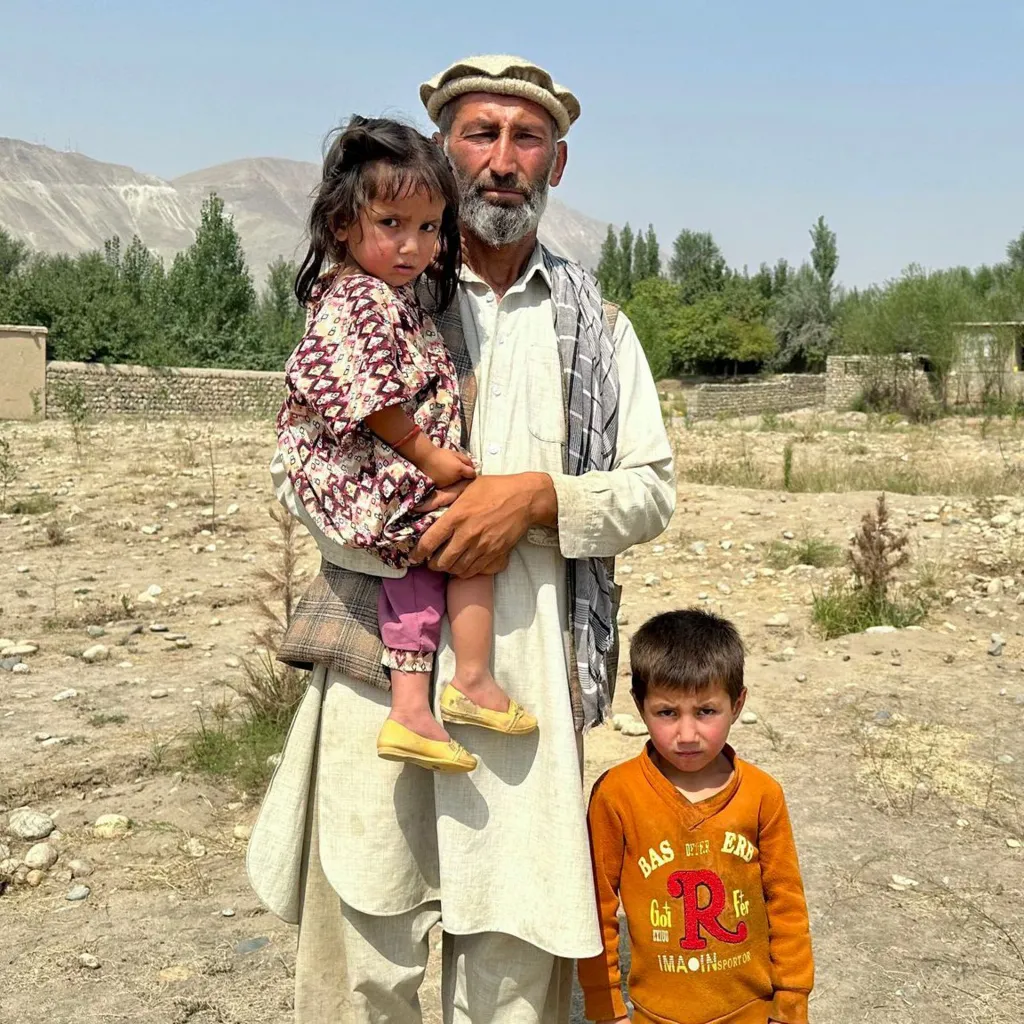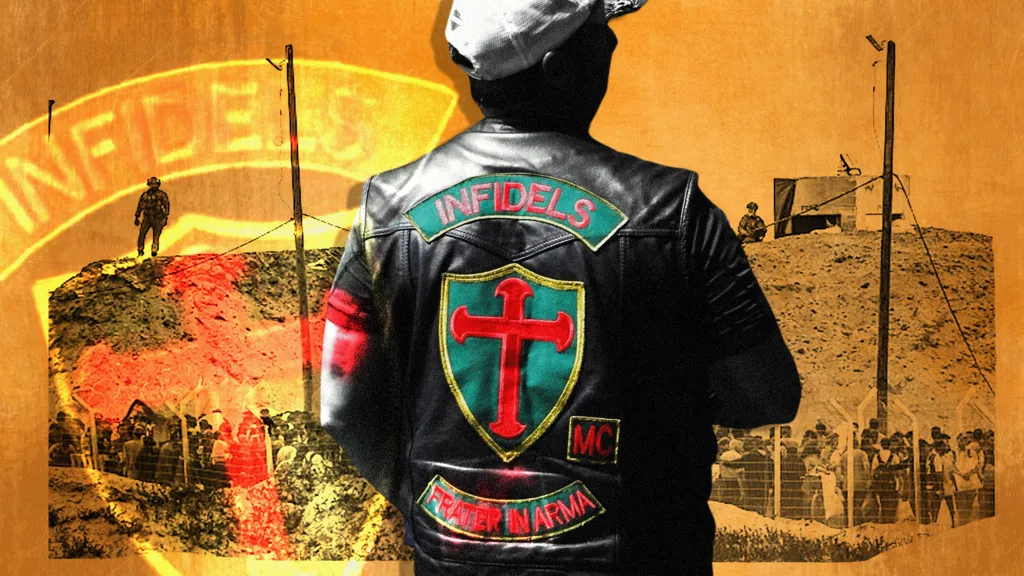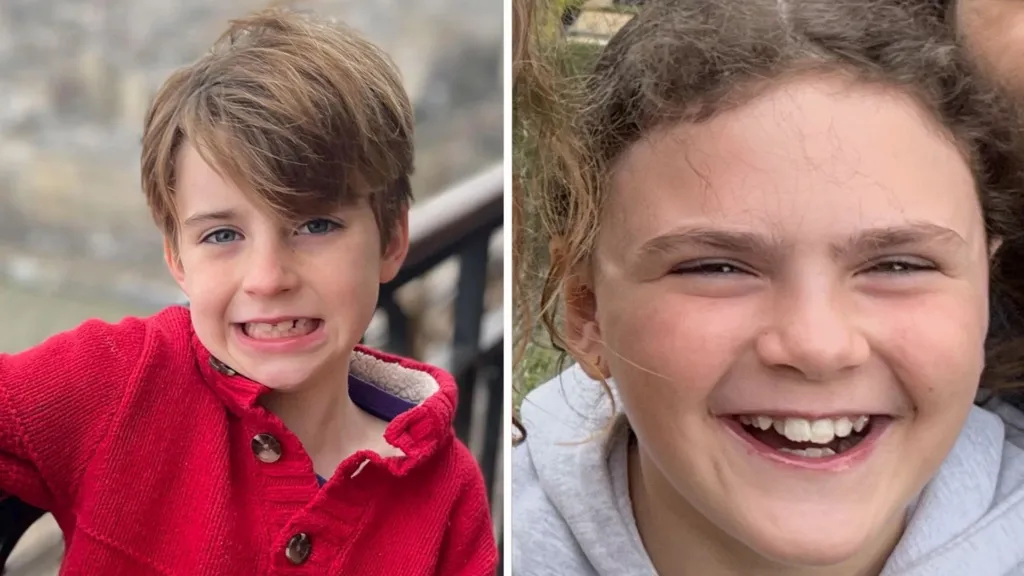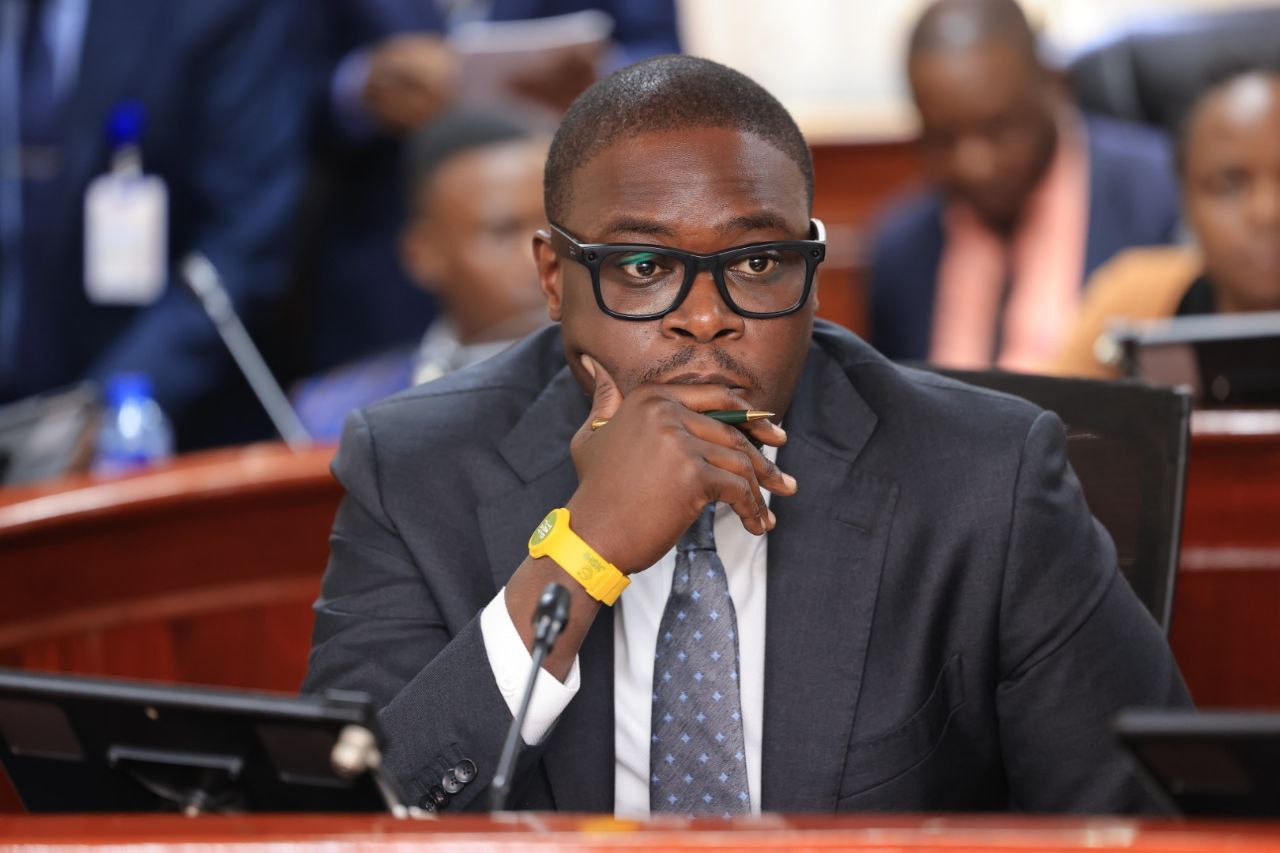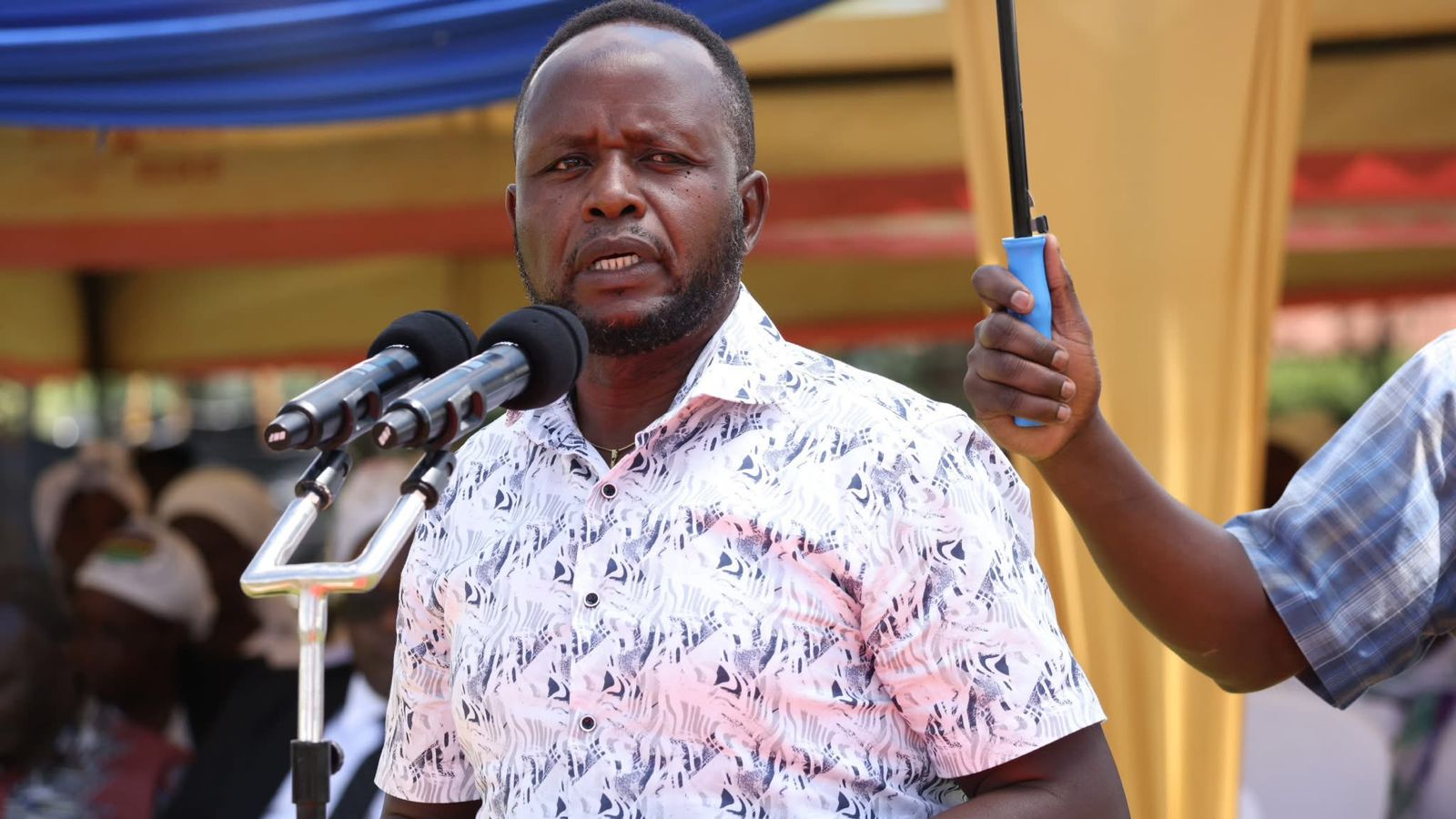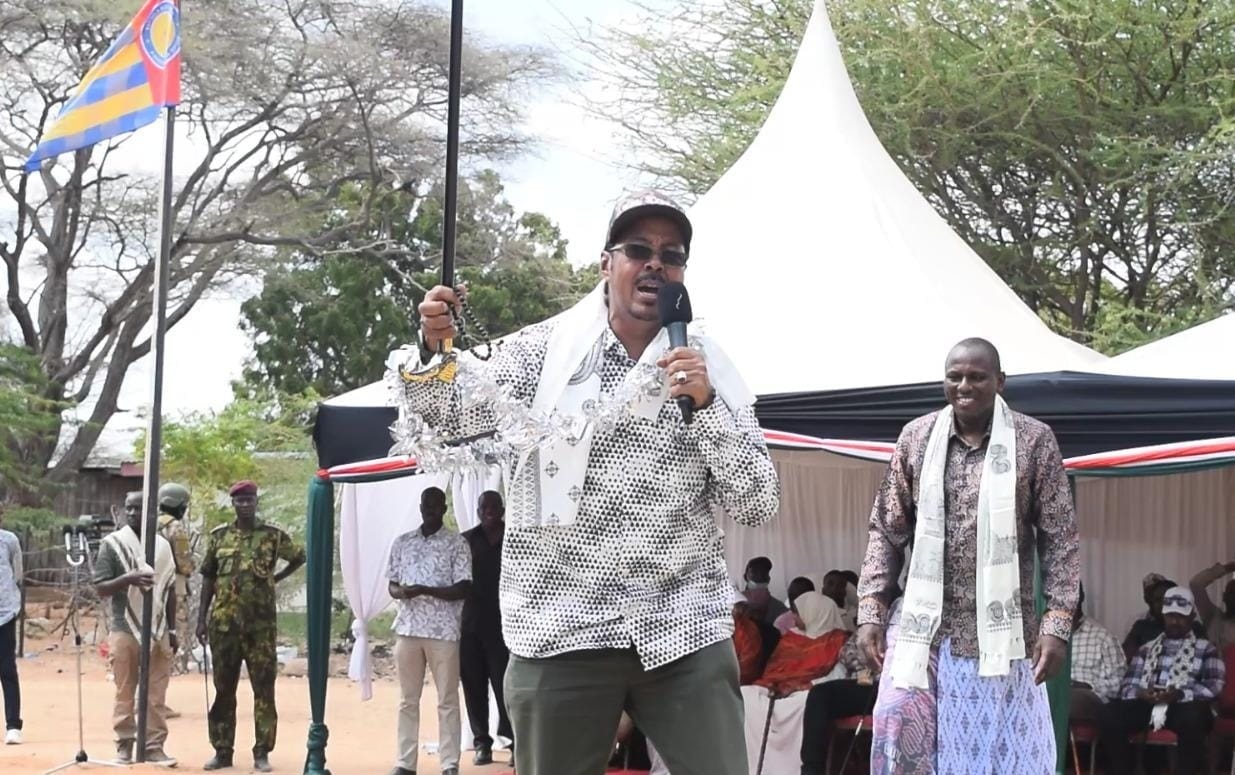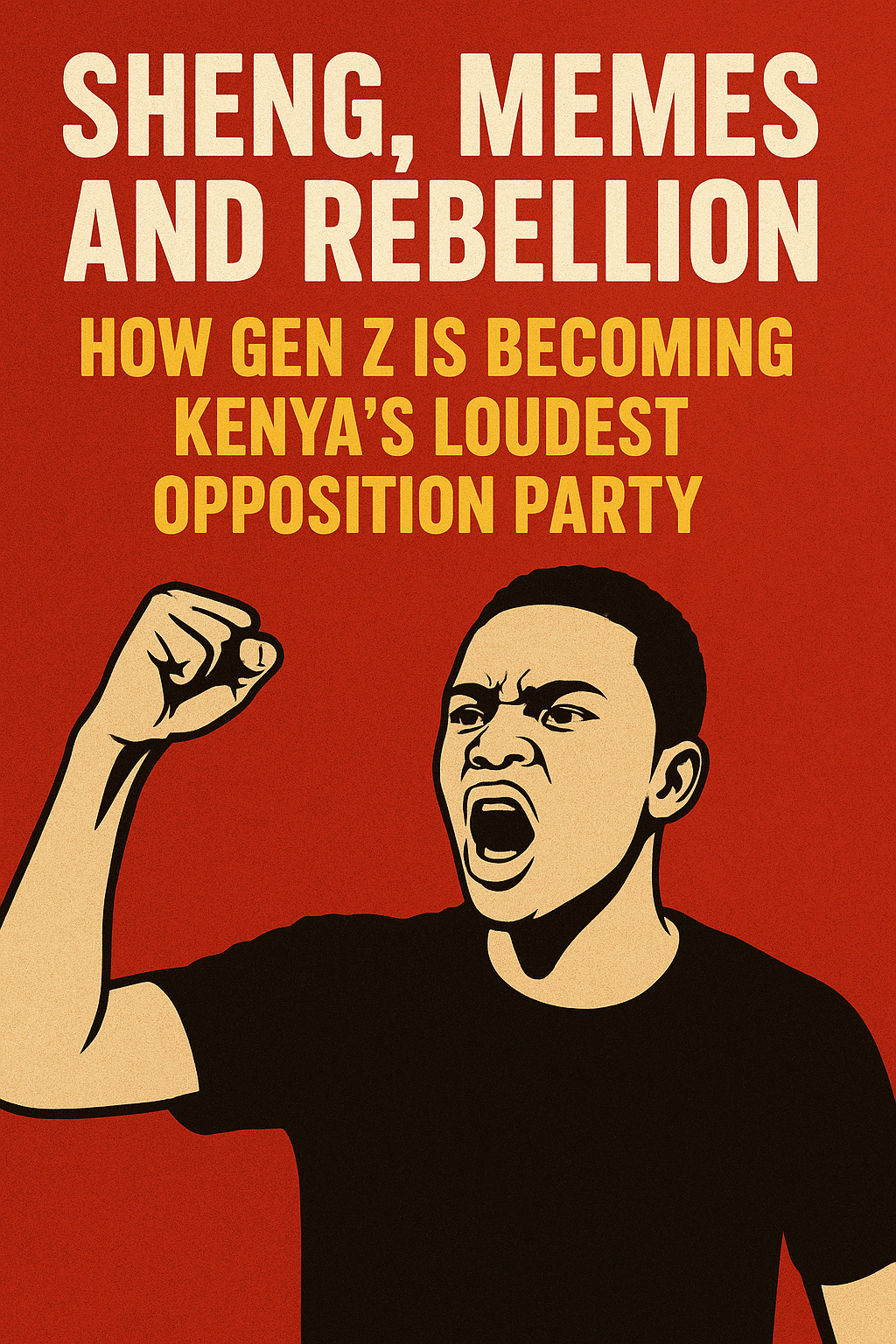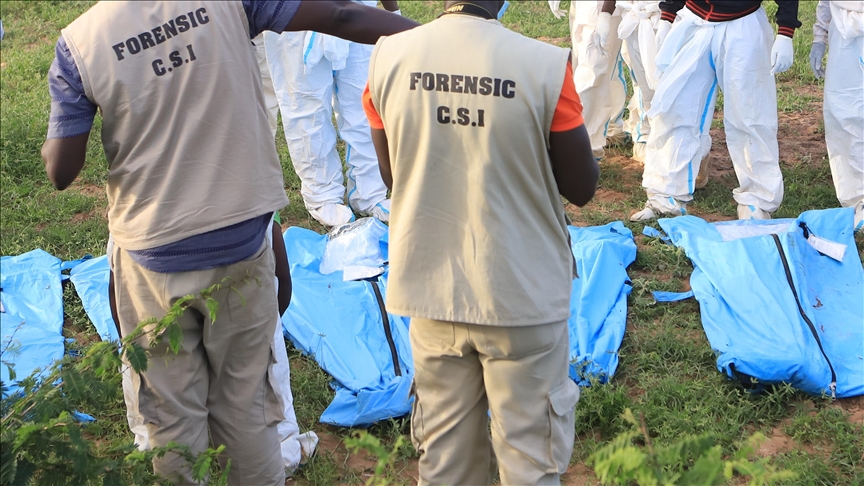In a historic moment of remembrance and restitution, France has formally returned the skull of King Toera, a 19th-century monarch from Madagascar, along with the remains of two members of his court. The solemn handover ceremony took place at the French Ministry of Culture in Paris, marking a turning point in addressing the injustices of colonial-era plunder.
King Toera ruled over the Menabé kingdom of the Sakalava people in western Madagascar. In August 1897, French colonial troops launched a violent campaign to tighten their control over the territory. The attack culminated in a massacre of the local army. King Toera was killed during the assault and later decapitated. His head was shipped to Paris, where it was placed in the archives of the Museum of Natural History.
For nearly 130 years, King Toera’s remains, along with those of countless others taken from colonized nations, remained in French collections. It was only after sustained pressure from his descendants and the government of Madagascar that the process for their return was finally initiated.
This repatriation marks the first application of a new French law designed to accelerate the restitution of human remains stored in national institutions. The law streamlines what was previously a slow, bureaucratic process, opening the door for more remains to be returned to their rightful homelands.
France has previously repatriated human remains, though not under this framework. One of the most notable cases was that of Sarah Baartman, a South African woman derogatorily referred to as the “Hottentot Venus,” whose remains were returned and reburied in 2012.
At the Museum of Natural History in Paris alone, it is estimated that there are more than 20,000 human remains collected from across the globe during the colonial era. Most were taken under the guise of scientific research, but their presence today stands as a stark reminder of colonial exploitation.
The return of King Toera’s skull is more than an act of restitution; it is a recognition of dignity, identity, and history long denied. For the Sakalava people and Madagascar as a whole, it represents a powerful moment of healing and reclaiming cultural heritage.
As the remains of King Toera and his court make their journey home, they carry with them the memory of resistance, the weight of colonial violence, and the hope of a more just reckoning with history.
King Toera ruled over the Menabé kingdom of the Sakalava people in western Madagascar. In August 1897, French colonial troops launched a violent campaign to tighten their control over the territory. The attack culminated in a massacre of the local army. King Toera was killed during the assault and later decapitated. His head was shipped to Paris, where it was placed in the archives of the Museum of Natural History.
For nearly 130 years, King Toera’s remains, along with those of countless others taken from colonized nations, remained in French collections. It was only after sustained pressure from his descendants and the government of Madagascar that the process for their return was finally initiated.
This repatriation marks the first application of a new French law designed to accelerate the restitution of human remains stored in national institutions. The law streamlines what was previously a slow, bureaucratic process, opening the door for more remains to be returned to their rightful homelands.
France has previously repatriated human remains, though not under this framework. One of the most notable cases was that of Sarah Baartman, a South African woman derogatorily referred to as the “Hottentot Venus,” whose remains were returned and reburied in 2012.
At the Museum of Natural History in Paris alone, it is estimated that there are more than 20,000 human remains collected from across the globe during the colonial era. Most were taken under the guise of scientific research, but their presence today stands as a stark reminder of colonial exploitation.
The return of King Toera’s skull is more than an act of restitution; it is a recognition of dignity, identity, and history long denied. For the Sakalava people and Madagascar as a whole, it represents a powerful moment of healing and reclaiming cultural heritage.
As the remains of King Toera and his court make their journey home, they carry with them the memory of resistance, the weight of colonial violence, and the hope of a more just reckoning with history.
